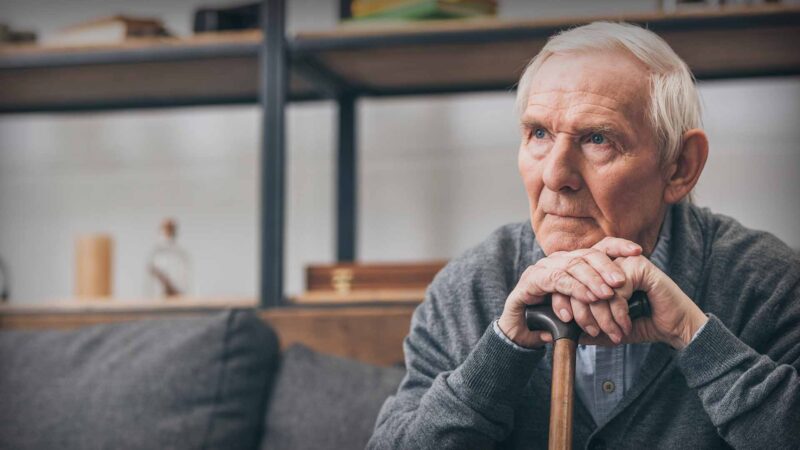STEPPING IN AND STEPPING UP EXPANSION OF SPECIALIST TRAINING IN REGIONAL, RURAL, AND REMOTE AREAS Coordinated effort across all medical colleges to address critical shortage of specialists outside major cities
With
Associate Professor Sanjay Jeganathan, Chair
Council of Presidents of Medical Colleges (CPMC)
AUSTRALIAN HEALTH JOURNAL SEGMENT
Filmed online | April 2025
Australia’s medical colleges are increasing their commitment to regional healthcare by expanding specialist training in regional, rural, and remote areas.
The Council of Presidents of Medical Colleges (CPMC) is Australia’s peak body representing specialist medical colleges.
Associate Professor Sanjay Jeganathan, Chair of the Council of Presidents of Medical Colleges (CPMC) states, ”Our rural and regional communities deserve the same access to specialist care as our cities. We’re seeing real results from our colleges’ commitment to rural training.”
A/Prof Jeganathan spoke to Australian Health Journal about progress by Royal Australian College of General Practitioners (RACGP), Australian College of Rural and Remote Medicine (ACRRM), Royal Australasian College of Surgeons (RACS) and Australian and New Zealand College of Anaesthetists (ANZCA).
This expansion reflects a coordinated effort across all medical colleges to address the critical shortage of specialists outside major cities.
The expansion comes as projections show Australia could face a shortage of 5,000 doctors by 2030. While overseas-trained specialists help fill immediate gaps, medical colleges are prioritising sustainable solutions through local training programs.
“We’re building lasting change by training specialists who understand regional communities and are more likely to stay long-term,” said A/Prof Jeganathan.
Source: Written by AUDIENCED from CPMC media release (February 2025)
You Might also like
-
Lasers in dental treatment without needles and drills
In 2017, Dr. Omar Zuaiter and Alaa Habeb launched Dentroid, a dental technology startup with a mission to make dentistry a kinder and friendlier experience for patients and dentists using photonics (using laser technology) and robotics, as alternatives to needles, drills and sprays. The vision for the startup is to have dentistry adopt laser technology, addressing the root causes of dental pain & anxiety, and create a pain-free dental experience.
-
Priming Australia for social prescribing
Social prescribing provides support in various areas of people’s lives, leading to increased confidence, improved navigation of systems, and enhanced friendships and trust in healthcare, while communities should be designed in an age-friendly way to prevent isolation.
In Part 1 of the Models of Care on Social Prescribing, Australian Health Journal spoke to 4 people advocating for social prescribing in Australia
-
Values in Workplace Culture
Professor Sabe Sabesan, is the Clinical Dean of the Townsville Regional Medical Training network incorporating the Townsville Hospital and Health Services and the Townsville Clinical School of the James Cook University and the director of the department of Medical oncology at the Townsville Cancer Centre, Townsville Hospital.
The Professor recently wrote, “Workforce wellness and engagement have become buzzwords in healthcare settings since there is an intimate relationship between staff wellbeing and performance of the healthcare system. Wellness initiatives such as wellness champions and wellness committees have been set up in response to emerging workforce mental health issues. These are largely reactive rather than being proactive in addressing or preventing the root cause of mental health issues.”



